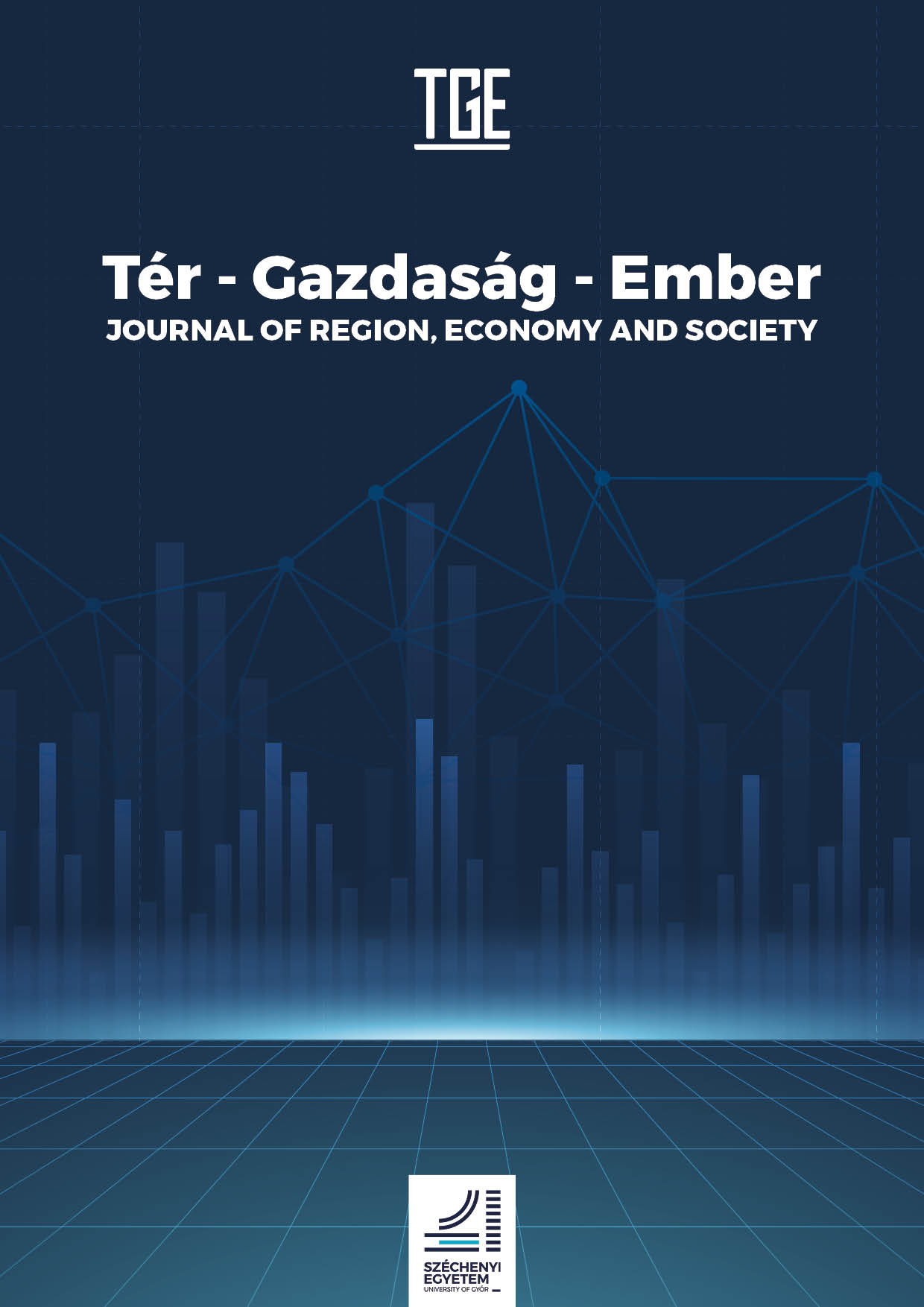The legal framework of the tourist guide profession: challenges and opportunities in Hungary and Europe
DOI:
https://doi.org/10.14513/tge-jres.00422Keywords:
tourism, tourist guiding, legislation, representation of interest, guideAbstract
Purpose – The aim of this study is to explore the current status of the tourist guiding profession in Hungary within the regulatory frameworks of the European Union and its Member States. Specifically, the research addresses deficiencies in Hungarian legislation and examines their economic and professional consequences. It highlights the need for comprehensive regulatory reform to restore the prestige of the profession and support the development of high-quality tourism services.
Design/methodology/approach – The research was conducted in four stages: a review of the relevant literature; an analysis of Hungarian and EU legislation; a comparative study of tourist guide regulatory practices in selected European countries (such as Portugal, the Czech Republic, and Austria); and semi-structured in-depth interviews with leaders of two major Hungarian professional associations. The methodology incorporated projective techniques to gain deeper insight into respondents' attitudes and motivations.
Findings – The findings confirm that the legal environment governing the tourist guiding profession in Hungary is outdated, fragmented, and ineffective. Low penalties and insufficient enforcement have led to the widespread proliferation of unlicensed guiding activities, resulting in significant revenue losses and a decline in service quality. A comparative analysis shows that countries such as Austria and Spain, which apply stricter regulations, offer better protection for the profession and ensure higher service standards. Professional organizations strongly advocate for reinforced legislation, stricter sanctions against illegal operators, and enhanced training requirements. Based on these findings, recommendations include the development of a unified, up-to-date legal framework, the periodic renewal of professional licenses, and the introduction of a digital identification system for tourist guides.
Originality/value – This study is the first to provide a comprehensive, comparative analysis of Hungarian tourist guiding legislation within the context of the practices of other EU Member States, combining legal analysis with professional fieldwork interviews. The author's extensive personal experience of working as a tourist guide offers a practical and authentic perspective. The research formulates actionable recommendations that could contribute directly to advancing Hungary’s tourism sector and restoring the societal prestige of the tourist guiding profession.
Downloads
Published
Issue
Section
License
Copyright (c) 2025 Viktória Kundi (Author)

This work is licensed under a Creative Commons Attribution-NonCommercial 4.0 International License.


